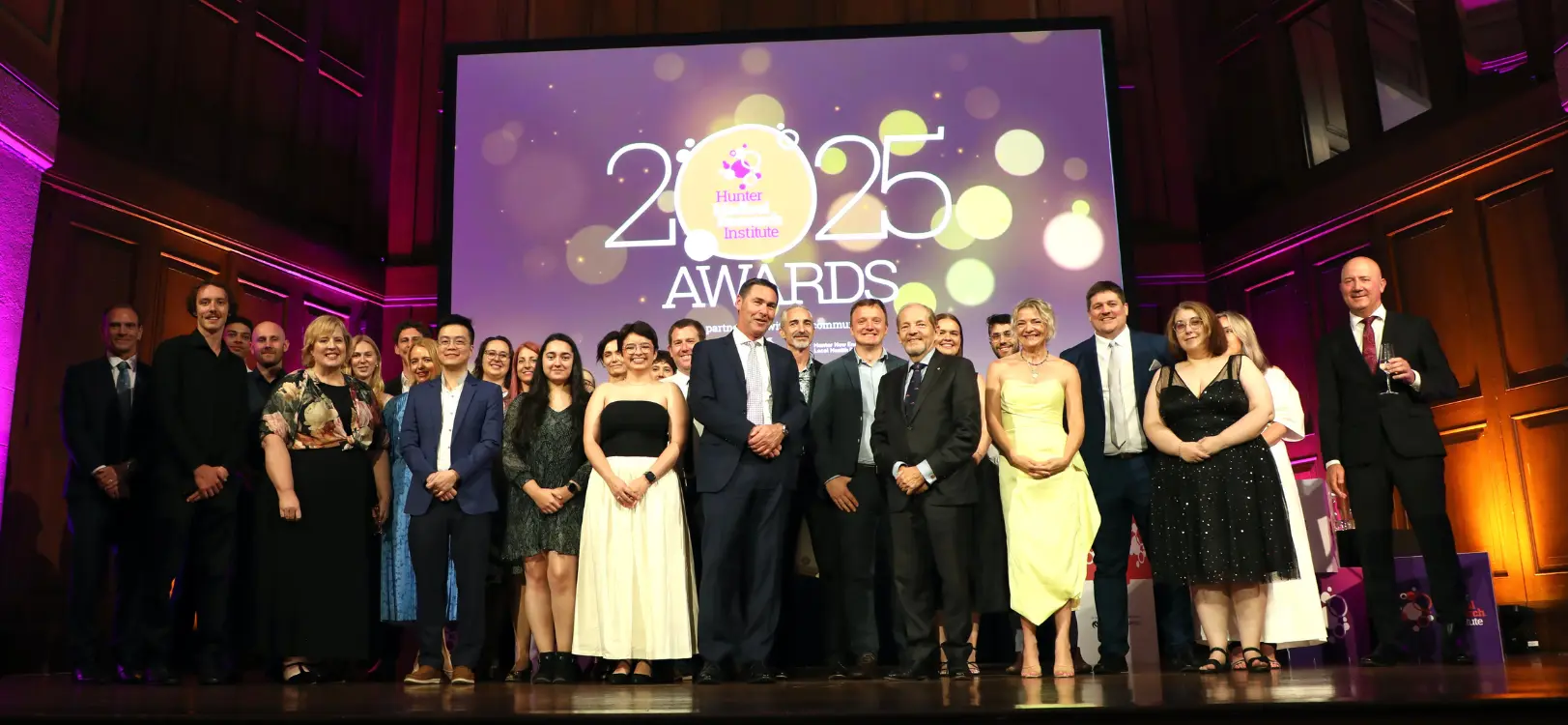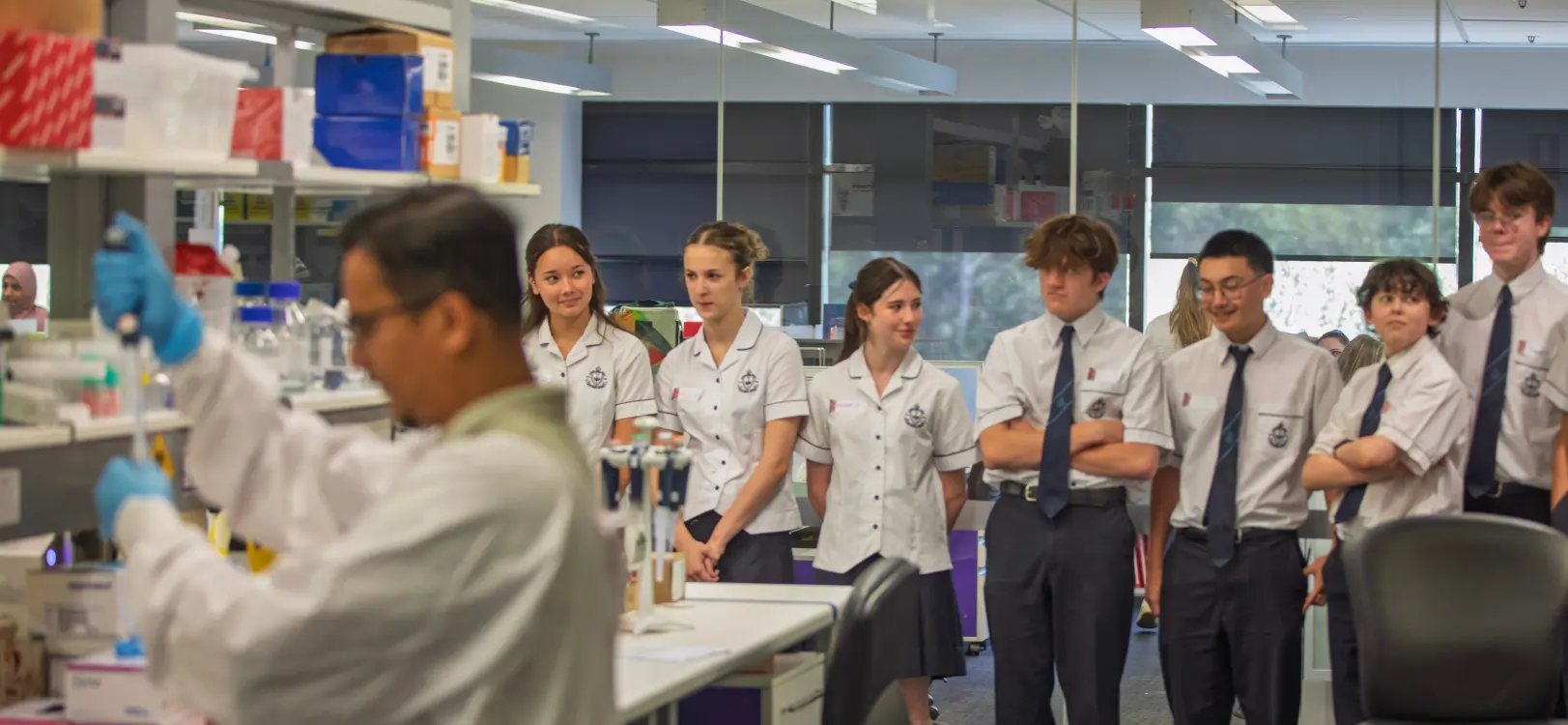Professor Hubert Hondermarck is a biochemist specialising in cancer neuroscience. He received a PhD in neurobiochemistry at the University of Lille in France and completed a postdoctoral traineeship at the University of California Irvine.
Hubert’s research is positioned at the frontier between oncology and the neuroscience and aims at defining the role of nerves, neuro-molecules and neurosignaling in cancer initiation and progression.
The objective of this research is to translate this basic knowledge into the development of new neuroscience-based biomarkers and therapeutic targets in oncology.








